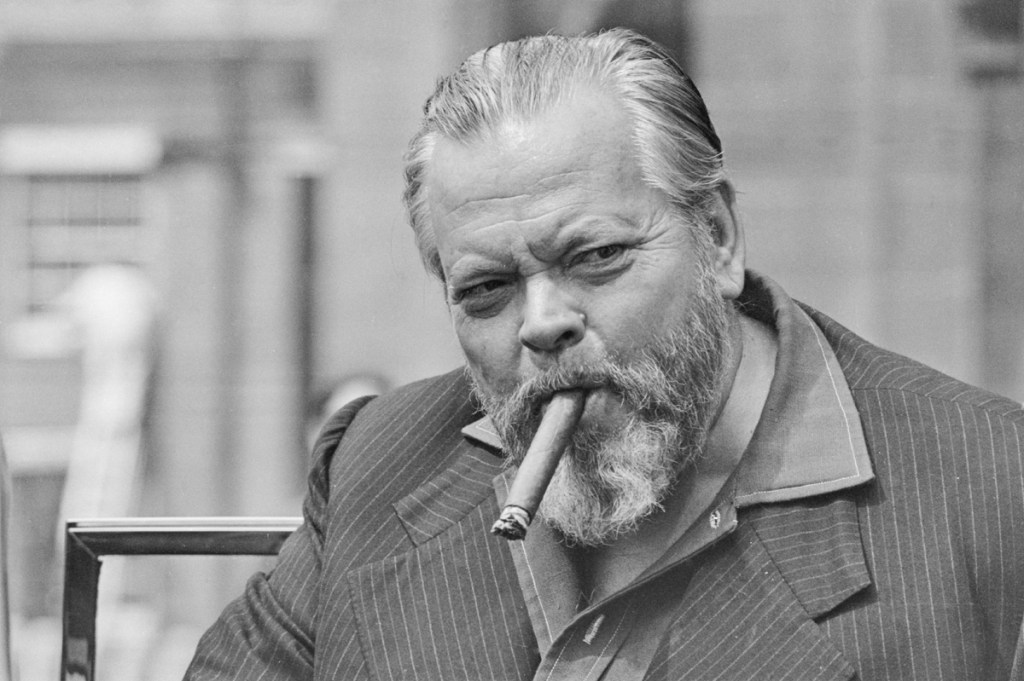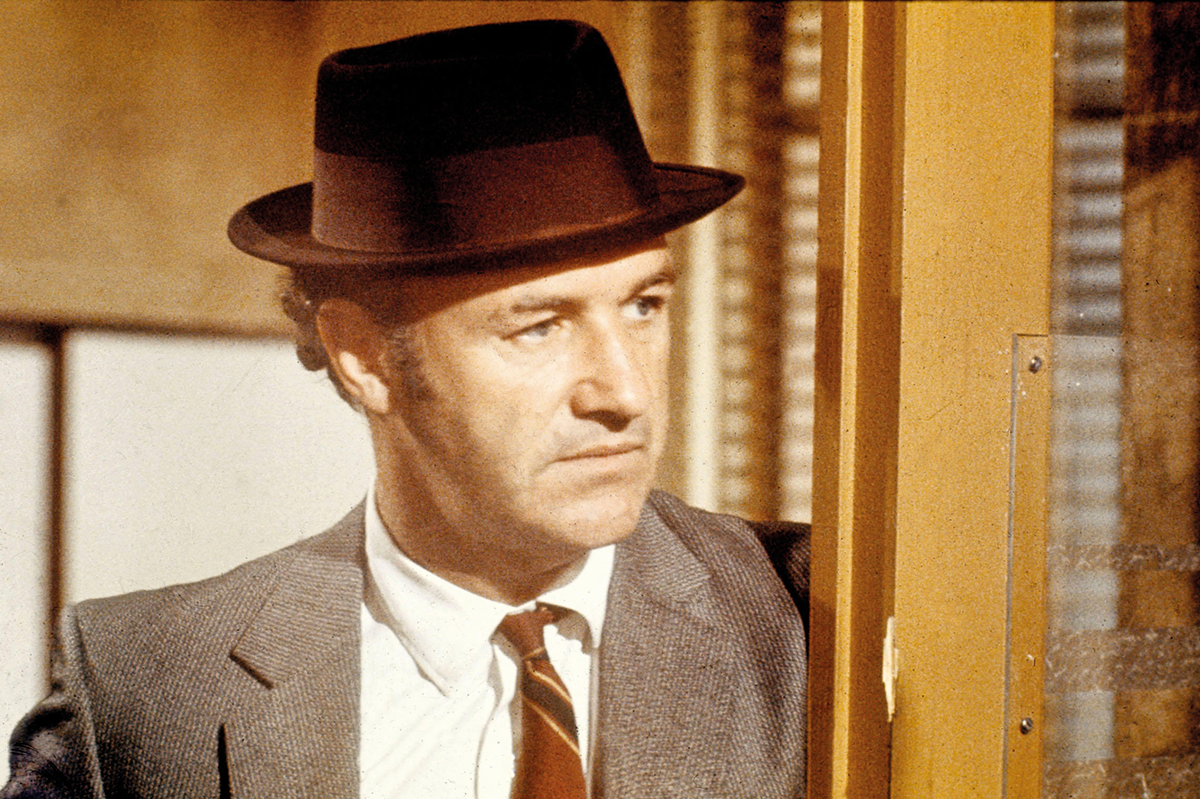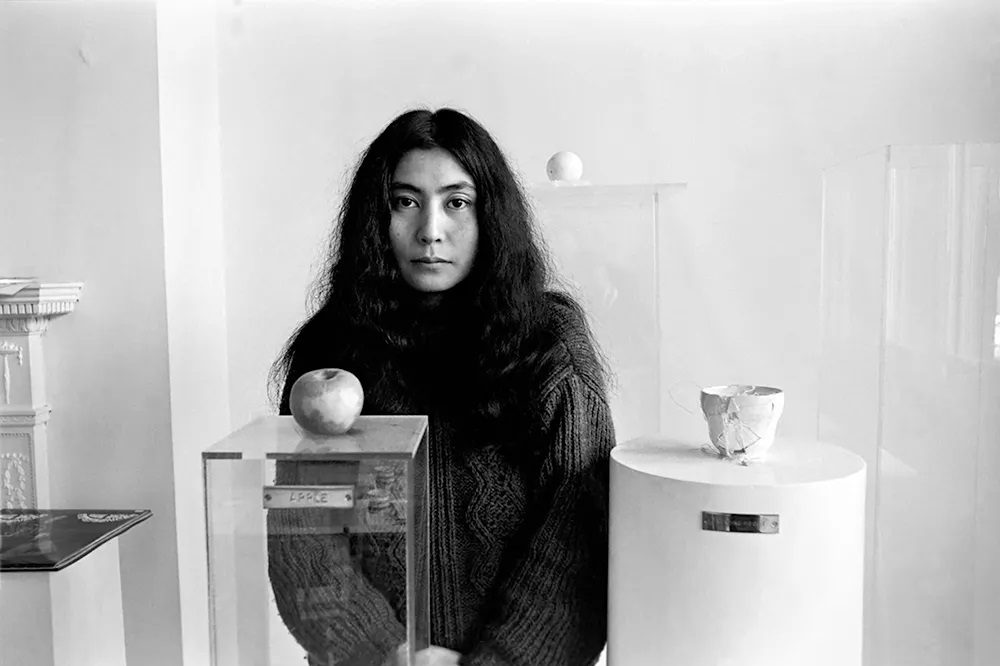During his seventy years on Earth, and for much of the nearly forty years since he left it, Orson Welles has managed to rub people the wrong way.
Welles, who was born in 1915 and died in 1985, was plainly a genius: a theatrical impresario whose Mercury Theatre was legendary in its own day; a puckish conjurer whose War of the Worlds radio broadcast misled millions; and a so-called one-man-band who, like few filmmakers before him, combined the jobs of director, producer and actor in such masterpieces as Citizen Kane, Chimes at Midnight and F for Fake.
But this record earned him little credit among the naysayers who hounded him and told us to believe them rather than our lying eyes. We have been told that Welles was a blusterer reluctant to recognize his collaborators, including Mercury co-founder John Houseman and Kane co-screenwriter Herman J. Mankiewicz; that he was less conjurer than confidence man; that his films, however imaginative, were outweighed by bit parts, talk-show appearances, and wine commercials. One of Welles’s biographers, Charles Higham, was outright hostile toward him, and even Pauline Kael — who had gallantly championed Chimes at Midnight — did him no favors by emphasizing, in The Citizen Kane Book, the contributions of Mankiewicz over Welles.
While Welles was still alive, there was a robust army willing to defend his honor, especially critics who lionized him and filmmakers who sought to emulate him. Their esteem helped build consensus, over many decades, that Citizen Kane was the greatest of all films, a title the movie officially held from 1962 to 2002 in the famous once-a-decade Sight and Sound poll.
Yet, confirming Nietzsche’s notion of the eternal recurrence, Welles’s standing among the cognoscenti has taken a curious tumble over the past decade or so. In 2013, a book of conversations between Welles and his friend Henry Jaglom, My Lunches with Orson, revealed inner reserves of malice startling to those of us who revered him: Among other sins, Welles spoke ill of his betters, including Jean Renoir and Alfred Hitchcock, and was most uncharitable in talking about his biggest booster in Hollywood, Peter Bogdanovich. He was also profoundly politically incorrect.
In 2020, David Fincher made the biopic Mank, which breathed fresh life into the old, stale notions about the Mankiewicz-Welles collaboration. And there was the matter of that Sight and Sound poll: In 2012, Citizen Kane slid from first to second behind Vertigo; and, late last year, slid to third behind Jeanne Dielman, 23 quai du Commerce, 1080 Bruxelles and Vertigo.
Citizen Kane as merely the third greatest movie ever made — really? “It’s a generational shift,” Scott Eyman, the biographer of John Ford and Ernst Lubitsch, said to me recently. “You don’t have that generation who knew him and were passionately devoted to him as a father figure. Younger critics and younger writers can look at him more objectively, and say, ‘Well, on the one hand this, on the other hand, that.’”
Well, as someone in my late thirties who has written widely about Welles — in 2007, I authored an oral history with some of the people who knew him best, Orson Welles Remembered — I regard all this with a degree of bafflement. Why is Welles so easy to resist among my contemporaries?
To start with, the Faustian bargain that Welles made throughout his career — his willingness to parlay his likeness and baritone into cash that would underwrite his increasingly independent filmmaking ventures — is more obvious than it was fifty years ago. Back then, Welles would sing the praises of Paul Masson wine on TV commercials or turn up in a déclassé movie, but those appearances were, by definition, fleeting; gone the minute you turned the channel. By contrast, the serious films those undertakings helped subsidize — including his long-languishing unfinished film The Other Side of the Wind, which Netflix released in 2018 — were enduring works of art.
These days, though, it’s as easy to find YouTube videos of Welles’s wine commercials (including outtakes in which he garbles his lines in a drunken state) as it is to see The Other Side of the Wind — maybe easier, since Netflix has declined to make the latter available on physical media. When assessing Welles’s output in the streaming age, it’s harder for novices to separate the wheat from the chaff — his amazing independent productions Othello and Mr. Arkadin, say, from his cameo appearance in Transformers: The Movie.
I also wonder whether the young and the woke would even find Welles himself charming: his grand imperial manner would be considered today a step away from toxic masculinity. In the charges of Welles’s self-aggrandizement — his purported attempts to deny credit to Houseman or Mankiewicz — we see echoes of a culture obsessed with “equity and inclusion.”
Then there is Citizen Kane itself, which makes a rather remarkable demand of the viewer: the movie asks us to want to spend two hours contemplating the inner life of a mogul, a titan, a capitalist par excellence, Charles Foster Kane. Welles and Mankiewicz had on their minds the great newspapermen, including (but not limited to) William Randolph Hearst, but if they were making the movie today, Donald Trump would be the almost-too-obvious prototype: a tycoon who pursues politics, piles up material possessions, romances a younger woman and so on.
Yet Citizen Kane comes not to bury its antihero but to comprehend him — “Rosebud” and all that. That’s not something the Left has much interest in doing when it comes to contemporary Kane-like figures such as Trump. In fact, throughout his career, Welles expressed a curious empathy with outsize characters whom modern society would consider anathema: the fading (yet gracious) Midwestern aristocrats in The Magnificent Ambersons, the crooked (yet moral) cop in Touch of Evil, the dissipated (yet loyal) knight in Chimes at Midnight. The young and the woke have no interest in comprehending the inner demons and unlikely virtues of such personages, so is it surprising they steer clear of Welles?
“He was some kind of a man,” Marlene Dietrich says of Welles’s character at the end of Touch of Evil, but he was not a man made for life in 2023. Today, there is insufficient tolerance for Welles’s excesses, hostility towards any man who claims he can do it all, and outright animus towards anyone who says that billionaires are human, too.
But, if the curtain may be closing on Welles as an acknowledged film maestro, perhaps it is good to free him from that burden. If we regard him as a more specialized taste, those of us who remain convinced of his genius can see him that much more clearly.

























